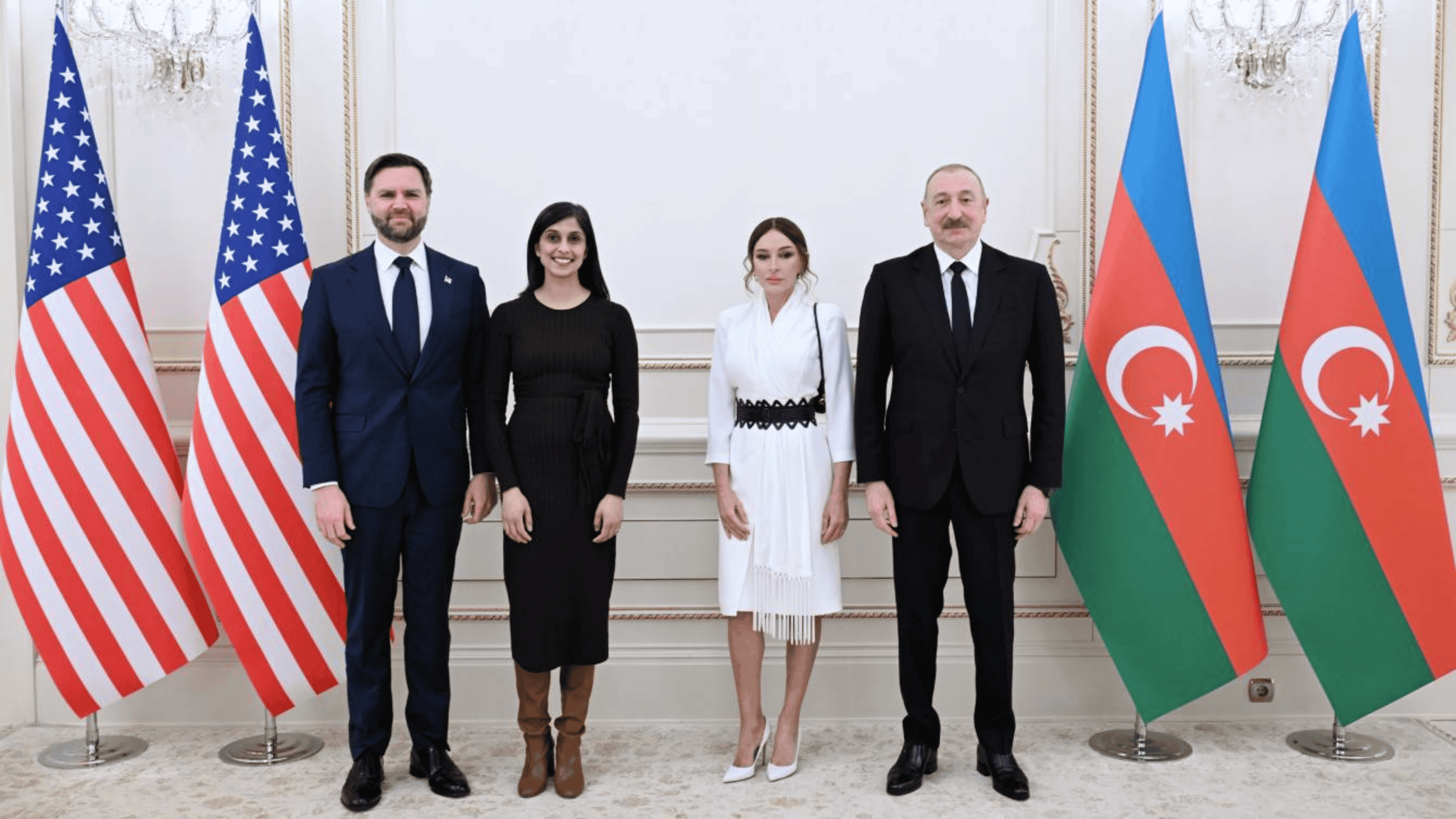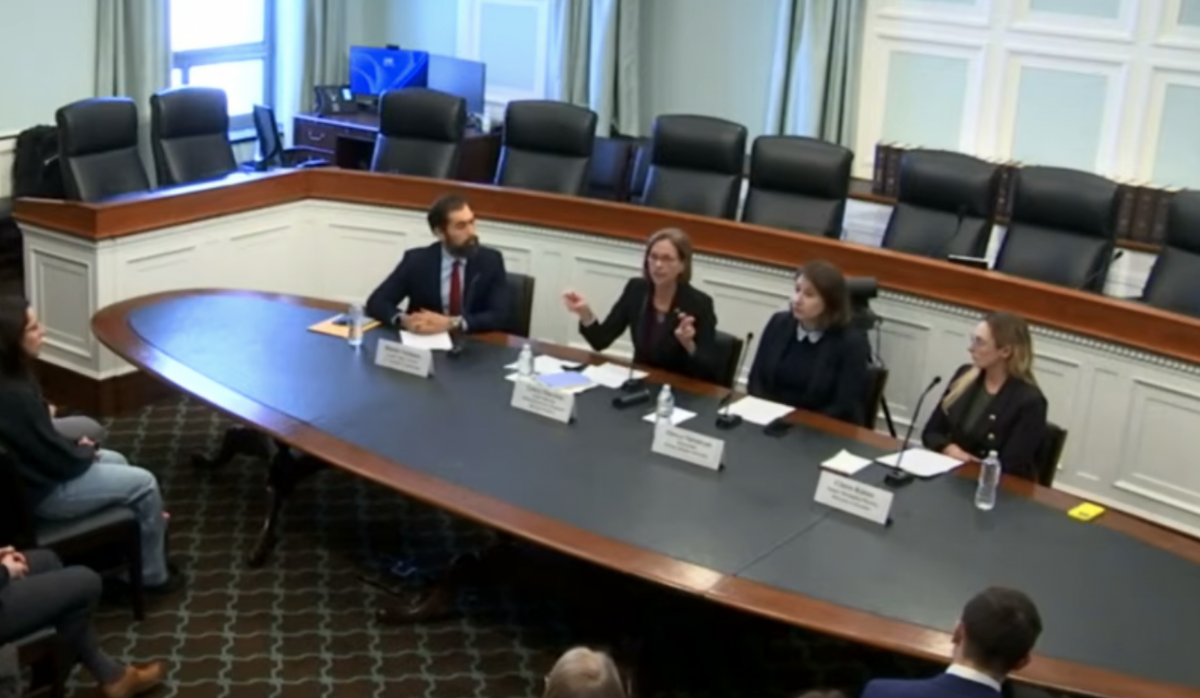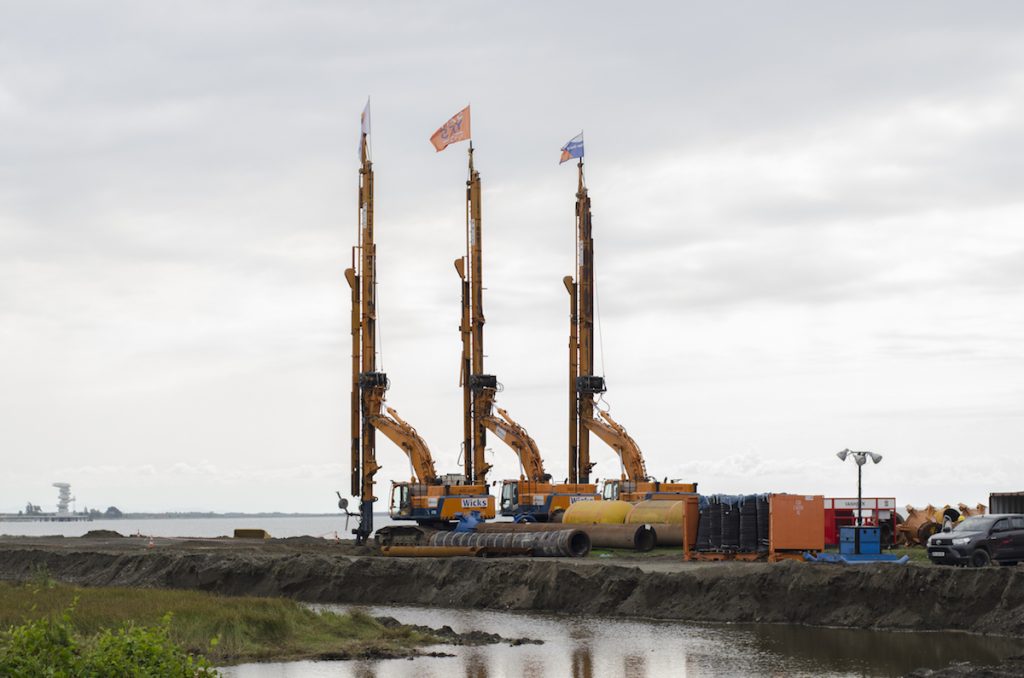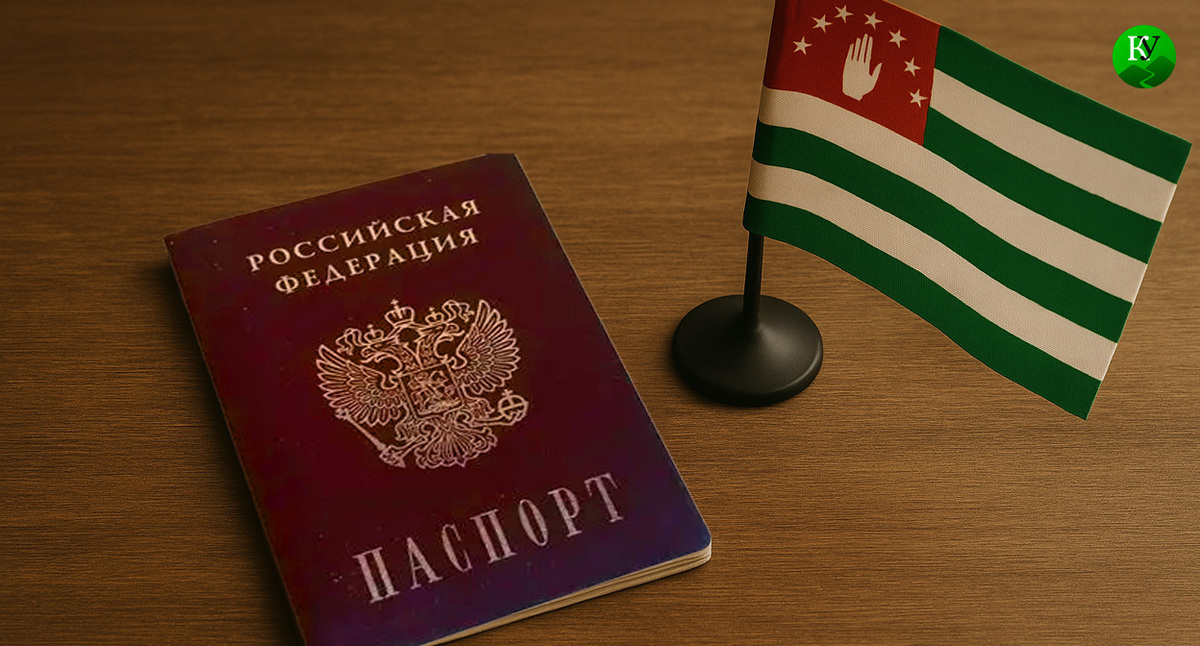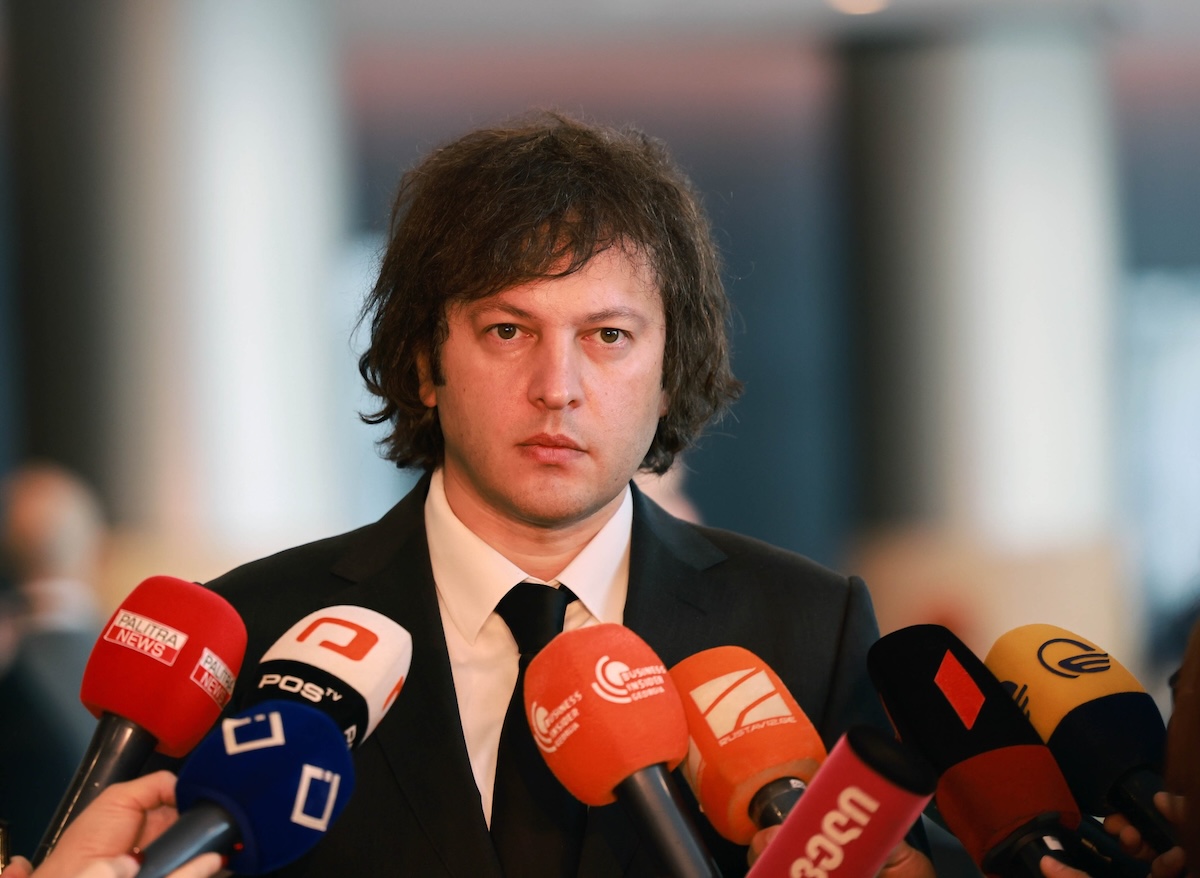Moldova as pioneer
The Republic of Moldova has become the first of the currently semi-forgotten CIS states to obtain a visa-free regime with the countries of the European Union. The Baltic states were the first three post-Soviet countries to integrate into Europe, which happened quite a while ago. And now Moldova has become the fourth “visa-free” country from the former post-Soviet area. So what are the advantages and disadvantages of the move from the citizens’ point of view?
The experience
The capital of Moldova, Chisinau, is an incredibly clean and green city, whose main attraction is probably the stunning concentration of very beautiful women, similar to the profusion of oil in Saudi Arabia.
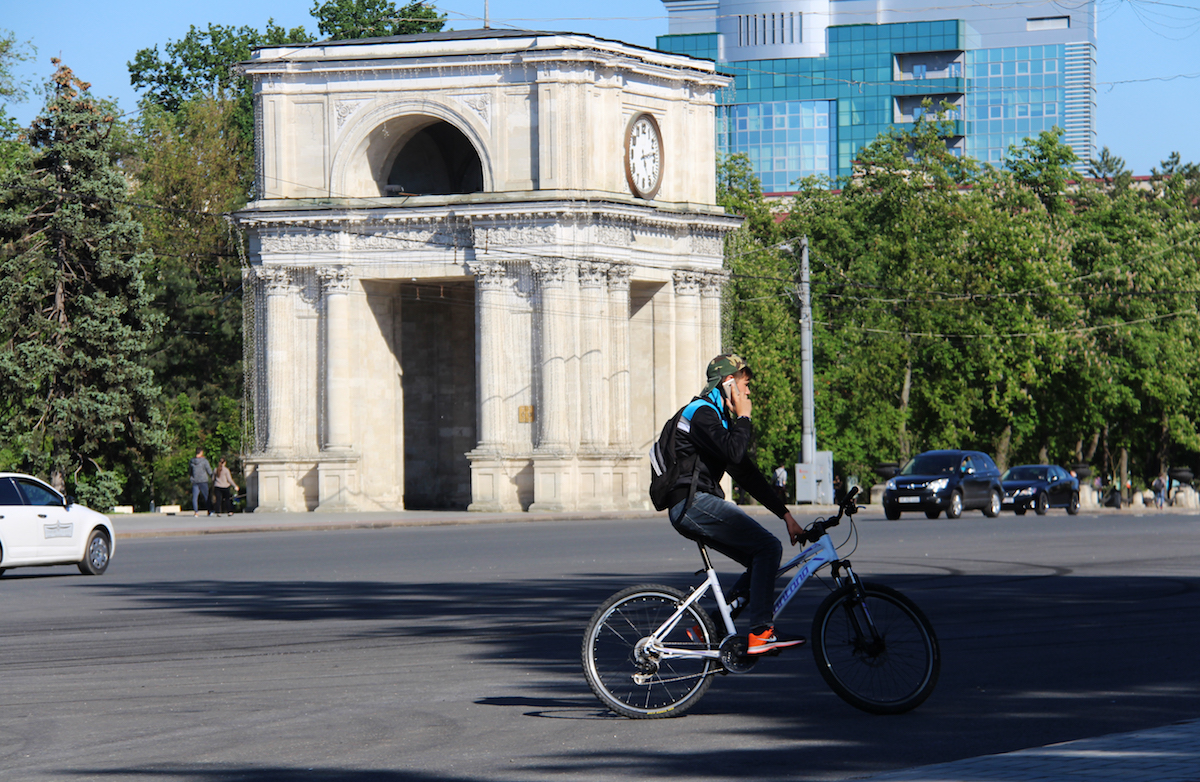

One may get the impression of Chisinau still being a Soviet city, due to the remnants of the typical architecture of those times.


But that impression would be deceptive. The main European feature of the city is the behavior of its citizens, which is expressed in terms of very open and friendly communication, drivers’ respect for the pedestrians (a perfect example for Georgian drivers to look up to), attention to people with disabilities (ramps installed everywhere), multilingualism (Russian, Romanian, and English perfectly co-existing with one another on the streets of the city), and even the presence of anti-fascist graffiti in the central park (Alluding to the existence of the local Nazis, though they are kept at bay).



Of course, it’s neither Paris nor Barcelona, nor is it a Soviet state. It’s rather a European province from late 1990’s, moving towards the Schengen area, a single currency, and the European Union in its current form.
There are reasons for that.
The path of Moldova to Europe did not begin three years ago, but much earlier. The pioneering rapprochement was made by two neighboring countries – Romania and Bulgaria. In the early 1990’s, they began to grant citizenship to Moldovans. Bulgaria – to ethnic Bulgarians, who numbered about 10 thousand people; Romania – those who were born in the territories occupied by the Soviet Union in the 1940s, and their descendants.
It was only many years later when the visa-free regime was implemented for everyone.
Naturally, those that wanted to go abroad had already acquired the necessary passport – mainly Romanian (at a certain point, the Constitutional Court of Moldova was completely comprised of people with Romanian citizenship, with one of the judges even becoming a senator in a neighboring country). That often happened without special reasons, but was generally overlooked and not considered an issue.
Lilia Teslya was born and raised in Chisinau. She studied in Moscow and worked in Baku, Havana, Moscow, Chisinau and London. Her two sons now live in London. Who does she consider herself to be?
It seems that when the European Union decided to grant Moldova a visa-free regime, it was solving its own issues for the most part. By that time, more than a half of Moldovan citizens had illegally been in the EU, their number amounting to hundreds of thousands. The main point of attraction was Italy, largely due to the affinity of languages. Further on the list were Spain, Portugal and England.
“The liberalization of the visa regime has yielded a positive result for the European Union. The number of illegal immigrants from Moldova, as well as the issues associated with them, has decreased dramatically,” the coordinator of the “Migration and Development” program under the International Organization for Migration in Moldova, Gennady Creţu, told us.
The consequences affect Moldova with some delay, with the exception of the outflow of people that has already become quite tangible. Many have tried their luck abroad. A local, Kaushan Nicholas, was among them, but returned home and is now working as a taxi driver. “Half of the country has left,” he said. “The old and the youth are mostly the ones that remain; the latter using the remittance of their parents employed abroad to pay the education costs. But let me tell you, drinking and smoking some crap – that’s what they do instead of studying.”
Unanimity
When talking to rather versatile groups of people representing the educated class in Moldova (experts, politicians, journalists), the thing that manifests itself quite evidently is the unanimity with respect to the country’s fundamental issue on the relationship with Europe. The overall attitude suggests the issue being non-existent.
The current government and the opposition don’t have warm feelings for each other – the way it’s supposed to be in a democratic country – ready to accuse one another of anything. For example, during the last presidential election, opponents of the opposition candidate, Maya Sandu, claimed her being in collusion with German Chancellor Angela Merkel, ready to open Moldova to Syrian refugees to allegedly accommodate them in vacant houses.
But when dealing with Moldovan vector of European development and a visa-free regime for its citizens, both the opposition and the authorities say literally the same. “Over the past three years, there have been changes in the mentality, attitude and values of the people … Moldovans identify themselves as Europeans and see the country’s future in the European Union,” says the deputy of the ruling coalition’s democratic party, Igor Vremya. The leader of the opposition party “Action and Solidarity”, Maya Sandu, mentions certain disappointment of the citizens, but hopes that Moldovans won’t relinquish their political course towards Europe.
In the heat of the dispute, one may argue that the newly elected president, Igor Dodon, intends to renounce the European choice and lead Moldova towards Russia and the Customs Union. The most often-used argument supporting this view is Dodon being the only foreign leader to stand next to Vladimir Putin at this year’s parade in honor of 9 May which is held in Red Square.
Experts, however, regard such statements as “part of Moldova’s political flimflam”. The words of the country’s most respected political scientist, Oazu Nantoi, are probably trustworthy for that matter, as he’s been watching that “flimflam” for over 20 years now. But he also spoke of a very disturbing trend suggesting that nearly 40 percent of the country’s youth wish to leave their homeland for good.
The current president of Moldova, Igor Dodon, was elected in November 2016, receiving 52.27% of the vote. In the course of the election campaign, Dodon spoke in favor of developing relations with Russia. He called himself “not pro-Russian, not pro-Western, but a pro-Moldovan politician”. Following the inauguration, the flag of the European Union was removed from the presidential administration building.
Igor Dodon made his first official visit to Moscow between 16-18 January 2017. During the meeting with Vladimir Putin, Dodon didn’t rule out the abolition of the AA with the EU after the next parliamentary elections in Moldova.
In the meantime, Moldova’s foreign policy is determined by the coalition government approved by the parliament, which pursues a policy of rapprochement with the EU. The powers of the president are limited in the country.
To the question of how they assess the consequences of introducing a visa-free regime, Young Moldovans respond with a degree of perplexity, apparently due to the sheer obviousness of the answer. Alice, a journalist at the local television, tries to describe her attitude for the visa-free regime loquaciously, but then opted for concise wording: “Cool! On the other hand though, I’m not inclined to overestimate this ‘special privilege’.”
The older generation can also appreciate the benefits of a visa-free regime, even the sellers of miscellaneous stuff at the flea market in Chisinau. “There can’t be a business smaller than mine,” said the respondent before switching to geopolitical issues.
The Soviet experience, even many years’ service in the Soviet army, appears not to prevent one from feeling European and enjoying it.
Experts suggest that the country’s rural areas are the most problematic issue, as the people from these areas who have received biometric passports and have travelled abroad only constitute 3-4 percent of the overall population.
The main argument
As always, the economy is considered to be the main argument. The share of Moldovan goods on the European market (mostly agricultural products) increased to 65 percent. Conversely, Moldova’s supply of the Russian market has decreased.
Moreover, trade with Europe is also a way to increase the competitiveness of the country’s commodities. The admission price to this market is compliance with very strict quality requirements. Economist Viorel Kviriga believes that the reforms that have been carried out in the country as the preliminaries of the visa-free regime are very important for Moldova.
The main issue
The unrecognized Republic of Transnistria, officially positioning itself as Russia’s outpost in the region, has been Moldova’s main issue for many years.
Statistics can be more convincing than official statements, though. Over the past three years, 110,000 residents of Transnistria (the overall population of about 350,000) have registered Moldovan citizenship to gain access to visa-free travel throughout Europe.
It seems that the issue, considered fundamental, has started to melt away. But now another has emerged.
Today’s most popular topic in Chisinau is the prospect of unification with Transnistria. “Well, that has to happen sooner or later,” says one of the respondents. “The time has come to forget old disagreements and live in unison. We would help them the way West Germany helped its eastern counterpart.” Giving a second thought to the idea he added in a self-critical manner: “No, I’m probably exaggerating a little bit. Here we are all West Germany, and they are merely the appendage that falls behind.”

As of 28 April, 2017 – exactly three years since the introduction of the visa-free regime with the EU as per the statistics of border crossings, 982 thousand citizens of the country took advantage of it. Of them, 86.4% came back. At that time, over nine thousand Moldovans were denied entry to EU member states – approximately 1% of the total number of those who crossed the border.
The frequency of trips made by Moldovan citizens to the Schengen countries has increased due to the liberalization of the visa regime. In 2015, the number of the citizens that visited Schengen states were 20 000 more than in 2013. Bulgaria and Romania remain the main destinations. The number of trips to Greece has increased significantly. Italy, Austria, France and Germany are the other leaders.
However, according to FRONTEX (the agency responsible for the management of the EU borders), Moldovan citizens still often violate the EU provisions on legal migration.
According to data from 2016, Moldova is in third place, following Ukraine and Vietnam, with ta number of citizens that attempted to illegally cross the border of the European Union, and ranks third after Ukraine and the Russian Federation regarding number of illegal residents.
Moldova appears among the top five countries whose citizens are most often denied entry to the EU.
And lastly, Moldovan citizens often use fake documents. In this respect, they are only inferior to the citizens of Russia and Ukraine.
First steps
Meanwhile, Georgian citizens are starting to get used to not having to produce visas at the airport upon arrival in Schengen states.
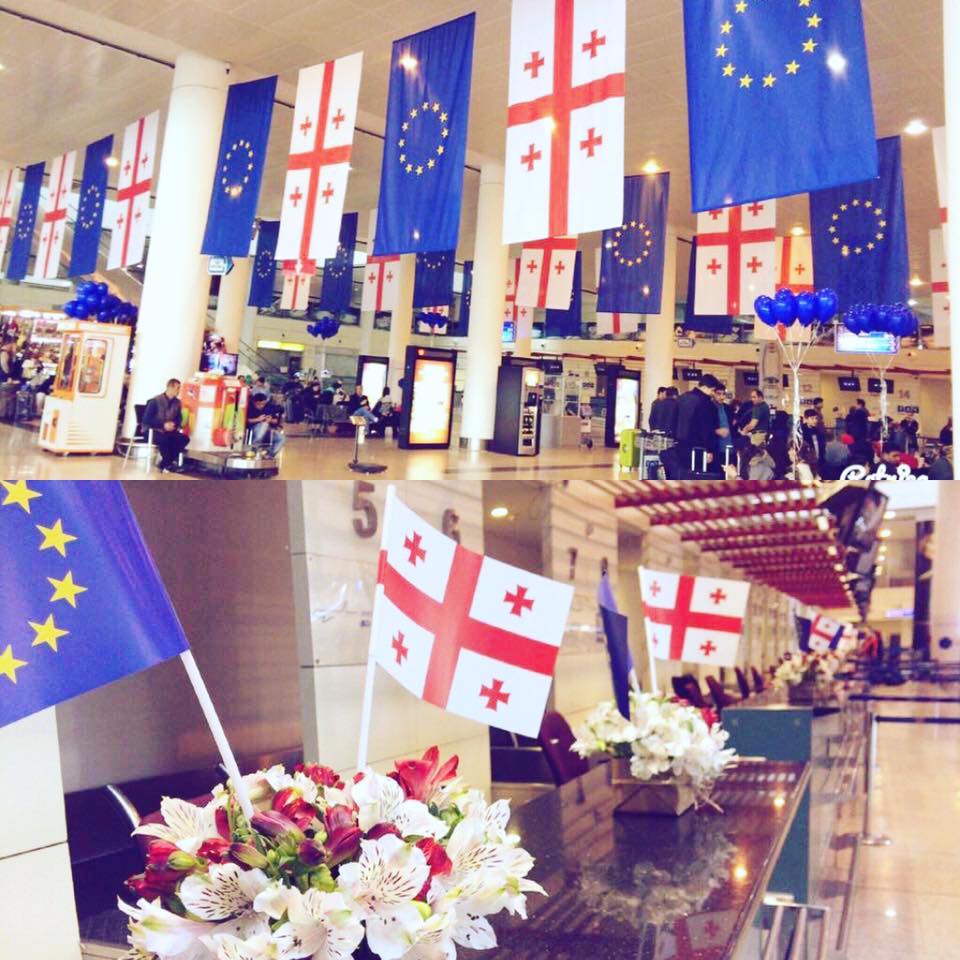
Natia Kuprashvili expresses her desire to go on a trip to Europe on the very first day of the visa-free regime. Nonetheless, it wasn’t possible to buy tickets due to the huge demand. As a result, her first visa-free trip was fulfilled a little later.
“We knew that all our documents were in order, but still remained nervous as we were used to the requirement to have a visa. Two friends of mine and I flew to Paris, and were absolutely excited about being in the queue of passengers not required to have a visa. It was then when I felt home. The officer glanced at my documents and pronounced the formal ‘welcome’, and it was done.”
Yet other Georgian tourists have experienced certain issues.
“I was flying to Germany. The documents were in order, but when I showed my passport to the controller, he demanded a visa. I explained that in my case visa was unnecessary, which had apparently amazed him to the point that he categorically refused to pass me, and started calling somewhere. When told that Georgians citizens don’t need to have a visa, he apologized saying that he was on vacation and was unaware of the change. He didn’t forget to congratulate me, adding that now we are part of the family,” says Lasha Imedashvili who took a flight to Germany a few days after the entry of the visa-free regime came into force.
However, these are rare occasions. The majority of Georgian citizens who have visited Europe after the new regulation’s coming into force, report an absence of any hindrance on the border.
The cancellation of the visa regime for Georgians with Schengen states came into effect on 28 March 2017. According to the Ministry of Internal Affairs, 294 841 thousand citizens made a trip abroad in April 2017 – 60,000 thousand more than last year’s figure for the same period. Nonetheless, the Ministry hasn’t yet published a list of the countries visited by the citizens.
The chair of the EU Integration Committee, Tamar Khulordava, quoted data suggesting 11 700 Georgians visiting the Schengen area between 27 March and 27 April, with only 26 of them denied entry to the EU. The reason for the refusals, according to Khulordava, was mainly associated with objective circumstances such as the absence of necessary documents.
For comparison, as per the study conducted by the European Initiative – Liberal Academy NGO – in 2012, the amount of visa refusals to Georgian citizens were 9-11% in 2007-2011, while the refusals to Russian, Ukrainian and Belorussian citizens only constituted 1%.
Details regarding the attitude of the unrecognized Transnistrian Moldavian Republic towards the visa-free regime with the EU – soon in JAMnews reports.












